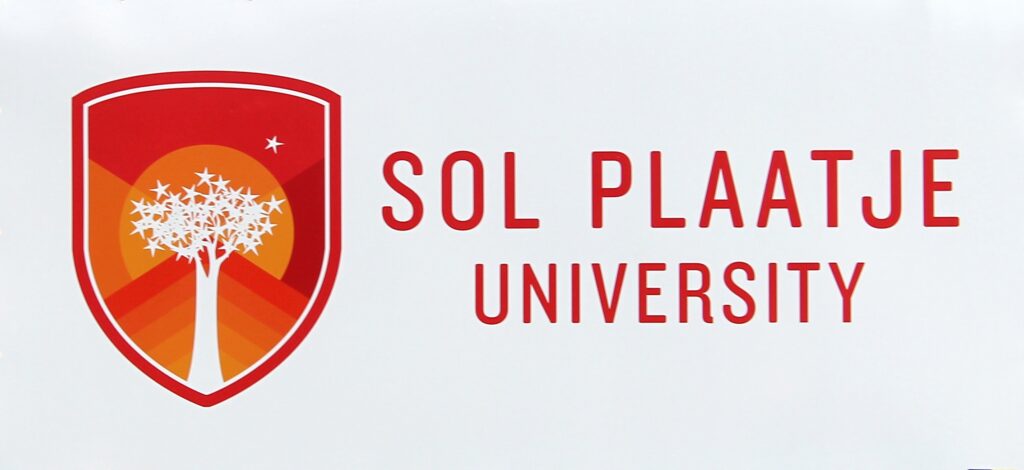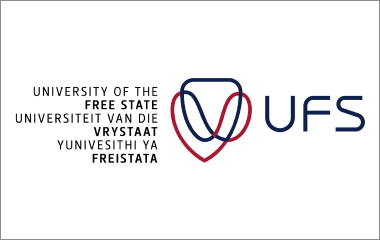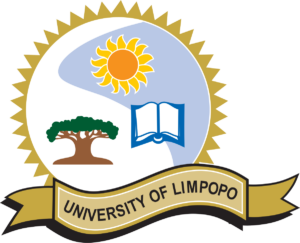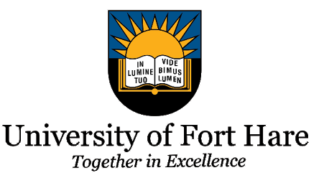Centres For Global Change (CGCs) are flagship initiatives under the Global Change Research Plan (GCRP) established by the Department of Science, Technology and Innovation (DSTI) through the National Research Foundation (NRF). CGCs are specialised research centres that focus on monitoring, studying and addressing various aspects of global change risks and vulnerabilities in specific geographic regions or contexts.
Centres for Global Change are advantageously placed across five universities (Sol Plaatje University, University of Free State, University of Fort Hare, University of Limpopo and Walter Sisulu University) to address current and emerging research needs for local municipalities and provincial departments in the field of global change.
The primary objective of the centres is to generate knowledge, develop methodologies, and provide evidence-based insights to inform policy-making, planning and decision-making processes related to risk reduction, disaster management and resilience building in their regions.
Explore the cgcs:

The Sol Plaatje University CGC was established in September 2021 and focuses on global change science research in the Northern Cape, a region highly vulnerable to climate risks such as drought and arid conditions. Its work addresses the impacts of global warming on sectors like agriculture, food security, water management and energy, assessing vulnerabilities and resilience within the framework of the UN Sustainable Development Goals.

The University of the Free State Qwaqwa Campus (UFS-QQ) CGC was founded in 2020. It houses researchers across various disciplines, including natural and social scientists who conduct research and community engagement projects. This work sheds light on the unique challenges faced by the community around the campus. Striving to operate within a transdisciplinary research framework, the CGC aims to bridge the gap between science and society.

The University of Limpopo CGC focuses on enhancing scientific understanding of global change and it is developed around four interrelated knowledge challenges. These include Understanding a changing planet, Reducing the human footprint, Adapting the way we live and Innovation for sustainability.

The Walter Sisulu University CGC focuses on generating and disseminating knowledge on risk and vulnerability in relation to Global Change Grand Challenges. While the primary beneficiaries of this knowledge are local municipalities, it is also valuable to a wider range of stakeholders. The CGC strengthens WSU’s research capacity in global change and supports local communities in effectively responding to these challenges.

The University of Fort Hare CGC was established in 2011 as a strategic initiative to advance research, innovation, and societal impact. These key aspects of the CGC are embedded within the DSI’s 2022-2032 Decadal Plan, specifically within the Global Change Research Programme, which is part of the Societal Grand Challenges and is integral to the sustainable development framework in South Africa
Centres for Global Change engage in research, data collection, outreach activities, community engagements and stakeholder collaboration to create strategies, tools and interventions that aim to mitigate risks, enhance preparedness and strengthen resilience in their communities and regions. Outputs and initiatives from the centres will be showcased here.